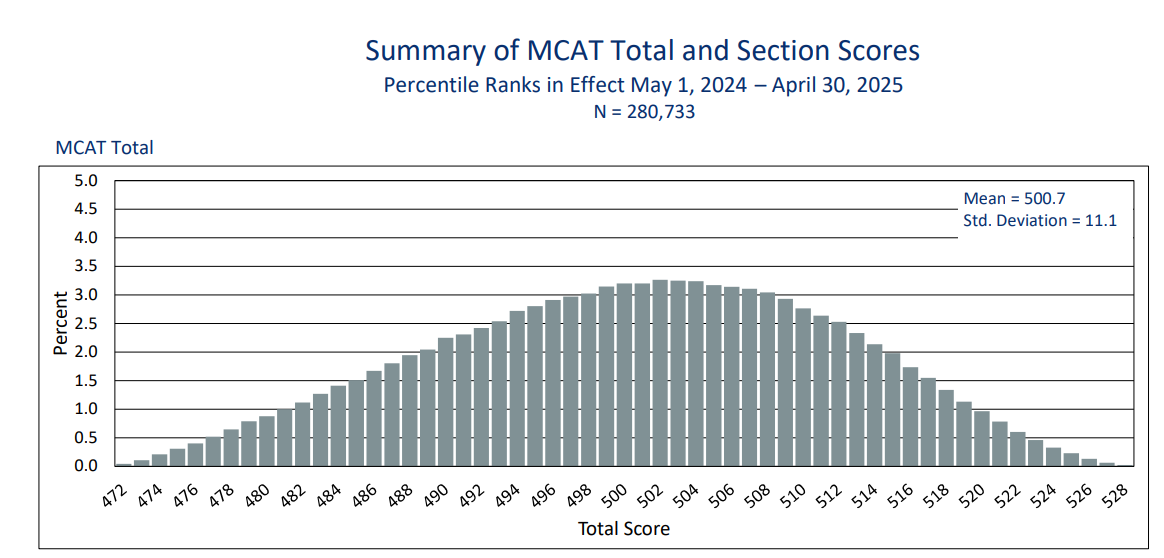
Standardized testing is glorious, but many standardized tests royally suck.
The worst prominent test is almost surely the Graduate Record Exam (GRE). About 9% of test-takers get a perfect score of 170 on the Quantitative part of the exam. A score of 169 puts you at the 87th percentile, and by 166 you’re already out of the top quarter. Most of the STEM majors taking the exam did the relevant coursework in middle school, so for fields that emphasize math, marginally lower scores largely capture not incomprehension but carelessness.
This is especially ridiculous when you remember that only top programs are highly selective. So when the focal standardized exam bunches all the top students together, the exam delivers near-zero value. At least in STEM fields, the point of the GRE is no longer to pinpoint the stars who deserve admission to top programs. The point is to weed out the manifestly unqualified. So the final cut almost has to be grotesquely “holistic.”
The regular SAT math is, by comparison, vastly better. Something like 1% get a perfect score — roughly one-tenth the share that get a perfect score on GRE math. But in absolute terms, the SAT still sucks. At least for STEM students, the problems are easy, so marginally lower scores again primarily capture carelessness rather than incomprehension. Since about two million students take the SAT, roughly 20,000 have perfect math scores — more than enough to fill all the spots in the Ivy League.
What would a top-notch standardized test look like? The kind of test you would use if you were determined to find the best of the best? First and foremost: Perfect scores should be vanishingly rare. Instead of clumping the best candidates together, you should be able to clearly distinguish the 99th percentile from the 99.9th, 99.99th, and so on.
Out of all the well-known standardized tests, the Medical College Admission Test (MCAT) best satisfies these conditions. A perfect score is, bizarrely, 528. The fraction that gets a 528 in a given year is about .02%. Even a score of 522 puts you above the 99.5th percentile. Here’s the full distribution:
To appreciate the superiority of the MCAT over the GRE math, consider this: an 800 out of 800 on GRE math puts you at the same percentile as a 516 out of 528 on the MCAT. Imagine taking all medical school applicants with scores between 516 and 528, then lumping them into a single category. That’s how awful the GRE math is.
Yet on further reflection, even the MCAT could use serious improvement. To get into any medical school, you typically need to score in the top third of the test. So there’s little need to distinguish between bad and average applicants. When your goal is to find the best of the best, the ideal test is so demanding that you get a big clump of scores not at the top of the distribution, but at the bottom.
At least one such standardized test exists: the Putnam Competition. As you’d expect, it’s a test of mathematical prowess. To call the test “hard” is a severe understatement: In 2025, the median score was 2 out of 120. Which is historically high! In many years, the median score is exactly 0 for the roughly 4000 test-takers, who are already highly selected. At the other end of the distribution, only five perfect scores have ever been achieved. Here’s a Grok attempt at a typical year’s histogram:
Score Range | Frequency (Number of Students)
---------------------------------------------
0–1 | ************************ (2,400)
2–10 | ********** (1,000)
11–20 | **** (400)
21–40 | ** (160)
41–60 | * (32)
61–80 | (6)
81–120 | (2)
---------------------------------------------Why don’t top programs switch to a test like the Putnam, or at least the MCAT? Wokeness is the obvious answer. There are many lines of defense in the War Against Merit. The first is to get rid of standardized tests entirely. The second is to go “test-optional.” But if these approaches are too blatantly corrupt, there is a third option. A stealthy way to pretend applicants are far more equal than they truly are.
Just use lousy top-coded tests.
Yet to be fair, the GRE math was already awful back in the 90s, two decades before wokeness exploded. So a lot of the problem is mere herding: If every other top engineering program is using the GRE, it’s too weird to require a different test even if the alternative test is a far superior selection mechanism.
The solution, if one exists, must come from the top. If MIT switches to a Putnam-like entry exam, the world’s top STEM students will not balk. And if there was ever a good time for nerdy professors to re-assert our control over admissions, now is that time. Who is with me?
P.S. Admissions to graduate econ programs could be greatly improved simply by requiring the AP Microeconomics and AP Macroeconomics exams. They’re flawed tests, but if you can’t get 5’s on both, you’re not ready for grad school. Indeed, graduate admissions could probably be sharply improved across the board if programs required 5’s on all subject-relevant APs. Would-be historians should have 5’s on the U.S., European, and world history APs just to apply, and would-be literature professors should have 5’s on English literature and language.






As someone who got a perfect score on the GRE Quant section, I generally agree with your criticism of that test.
However, I think you don't necessarily make the best argument about preferring GRE Quant vs SAT Math.
There are large differences in the groups taking the tests. First of all, way more kids take SAT than GRE. About 2mn kids take SAT per year, while about 300k or so take GRE. That means that if about 1% of kids get a perfect score on SAT Math, that's about 20k kids. If 9% of kids who take GRE get a perfect GRE Quant score, that's about 27k. Assuming just that these are the same groups of people (ignoring that they don't take it the same year), then it's really not all that different at identifying the best people per year at math in the full population. But you would also want to take into account that the people taking the GRE are most of the way through their college experience and thinking about grad school. Much different than the population taking the SATs.
The problem with the Putnam test is on the other end of things. It is too hard, especially if you gave it to everyone. If you gave it to everyone, then the median isn't 2, it's 0. So it would only be useful for the top programs trying to get the top people.
Interestingly enough, the GRE purposefully restricts the score at the top end because of strong Asian scorers. See Section 2.2:
https://www.ets.org/s/research/pdf/gre_compendium.pdf
I think the idea is to limit the advantage that comes from grinding test prep. So the trick would be coming up with a Quantitative test that is more correlated with IQ at the high levels and such that test prep wouldn't help you too much.
I took the GREs in 1969 at Occidental College, along with many Caltech undergrads, Occidental being the nearest place to take it. At the starting signal, we all opened the exam booklets, and five or ten seconds later a wave of chuckles filled the room -- relief.